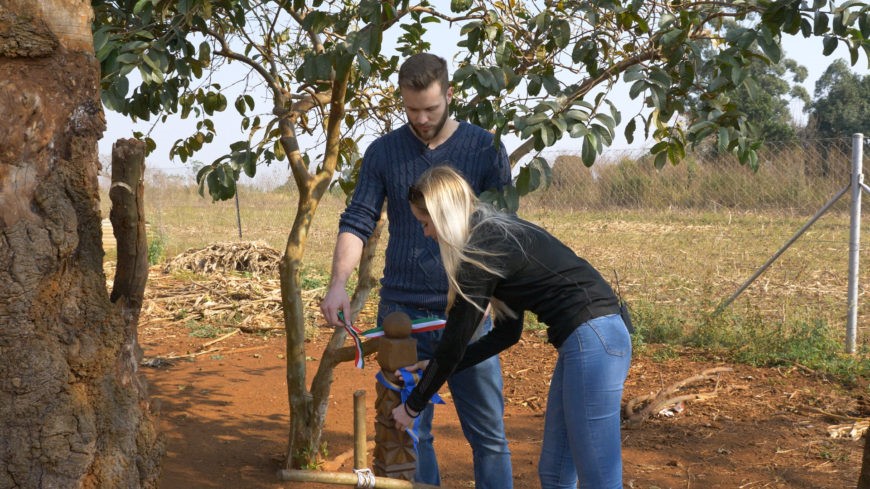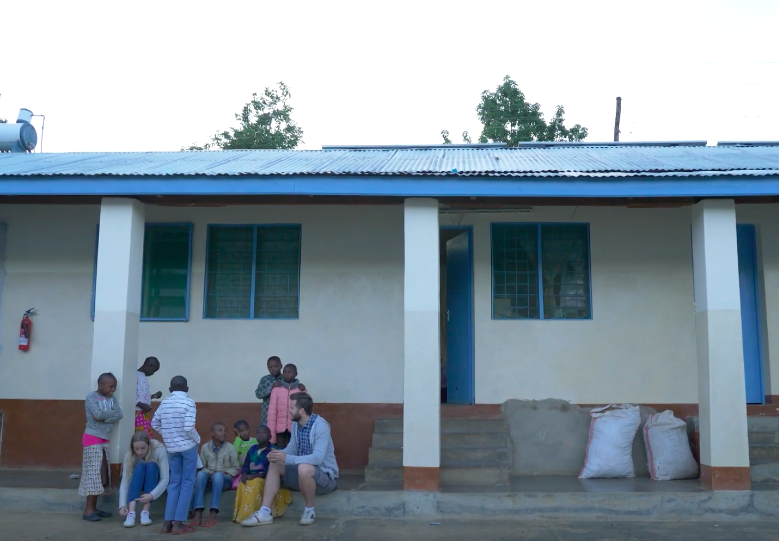On the border of the three countries of South Africa, Mozambique and Swaziland, lies Count Wass Albert Senior, the writer’s uncle Wass Albert, II. hero of the Anglo-Boer War.
Count Wass Albert Sr. was born in 1881 at Vasasszentgotthárd, as the third child of Béla Wass – the grandfather of the writer – and Baroness Ráchel Bánffy Losonci. In the year of his birth, the first Boer War of Independence, which was fought against the English, came out successful. He studied law at the University of Cluj, then in 1902, he travelled first to Graz, then to Munich and finally to Paris on the grounds to study abroad, but in fact he had the aim of joining the Heroic War of Independence. Finally, he went to South Africa on behalf of the King of the Netherlands, where he fought on the side of the Boats against the English.
During the fights, the leader of the hostile English team called for his surrender, but Wass, who had been saddled with the cause of a nation and did not want to be captured, had not surrendered. The English were shot dead without thinking, and even his enemies praised his bravery.
The grave of the young man, who died at the age of twenty in 1902, was first found in 1909 by two cousins, Carola Szilvássy and Ráchel Wass. In 2012, the “Székelyek a magasban” group rediscovered his resting place as part of their expedition series. In 2018 the crew of Hungaricums Around the World placed a headboard on the tomb, paying tribute to the hero.
If you want more stories, subscribe to our YouTube channel or read our articles about Hungarian memorial sites around the world.


